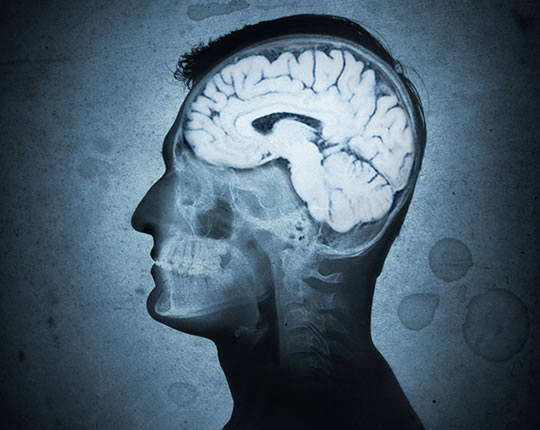Vaccine could be used to immunise healthy people or treat these already suffering.
A newly developed vaccine against Alzheimer’s disease could be ready in 3 to 5 years, scientists claim.
Alzheimer’s disease is newly diagnosed in around 48 million adults around the world each year.
It is the most common cause of dementia in the elderly.
Despite this there is currently only one drug that has so far been approved for treating dementia.
The new vaccine, though, targets proteins that build up in the brain that are thought to be the cause of Alzheimer’s disease.
Professor Nikolai Petrovsky, who led the research, said:
“If we are successful in pre-clinical trials, in three to five years we could be well on the way to one of the most important developments in recent medical history.
Along with our rapidly ageing populations, we now know that the explosion in type 2 diabetes in the West is likely to further dramatically fuel the projected rise in the number of cases of dementia globally, with diabetes being the major risk factor for Alzheimer’s disease.”
The vaccine, which is called ‘MultiTEP’ fights both beta and tau amyloid plaques that are linked to Alzheimer’s.
Professor Michael Agadjanyan, another study author, said the advantage of the vaccine is that it…
“do[es] not induce potentially harmful auto-reactive cellular immune responses, while still generating antibodies that bind strongly to the amyloid and tau pathological molecules in brain tissue from AD patients”.
Dr Anahit Ghochikyan, another study author, concluded:
“This study suggests that we can immunise patients at the early stages of AD, or even healthy people at risk for AD, using our anti-amyloid-beta vaccine, and, if the disease progresses, then vaccinate with another anti-tau vaccine to increase effectiveness.”
Preclinical trials have now been completed and the next stage is human trials.
The study was published in the journal Nature: Scientific Reports (Davtyan et al., 2016).
Brain image from Shutterstock








